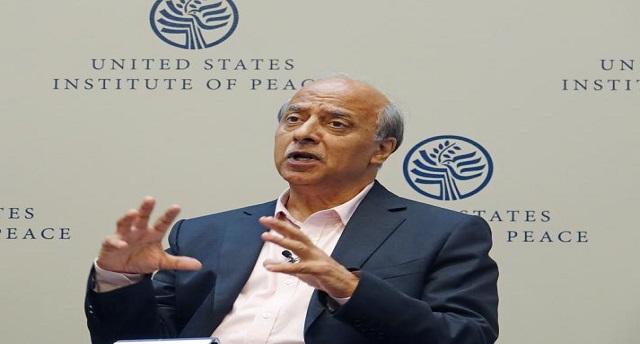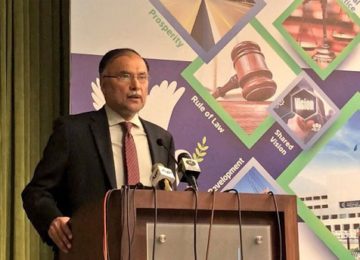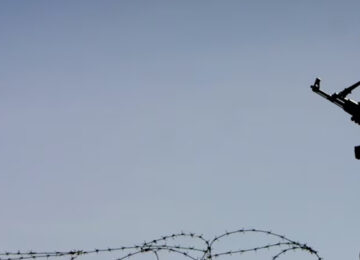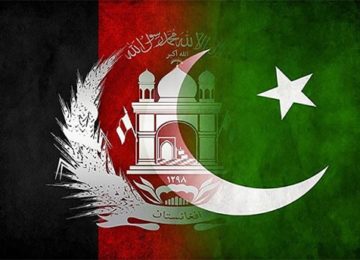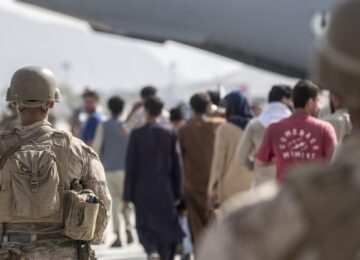The September 27 annual RESOLVE Global Forum at the US Institute of Peace in Washington, DC, marked a big stride forward in the practitioners’ search for ways and means to identify and handle violence-inducing factors. The Forum provided an opportunity for introspection for the 24 Network partners on whether the tools deployed so far in countering violent extremism (CVE) are still relevant after over a decade of small gains and difficult setbacks. Is violent extremism a localized issue borne of solely geopolitical factors, or a natural consequence of poor governance, questionable rule of law, and selective inclusion of stakeholders?
The Global Forum was a fantastic opportunity for exchanging ideas and sharing experiences. For me personally, it was the culmination – at least as of now – of some thoughts I had previously expressed at a EU sponsored international CVE conference in Brussels in late 2012. At this point five years ago, debate on CVE was raging, largely led by experts from the United States as delegates from over 100 countries spoke of CVE relevancy only in the context of Muslim countries.
Incessant focus on Muslim countries prompted me to intervene. I pointed out that the singular focus on Islam as the source of violence was inappropriate, not to mention likely counter-productive, and that associating extremist violence exclusively with Muslim countries was unfair. I also quoted examples of Tamil Tigers of Sri Lanka and the IRA of Ireland to underscore that violent means for political or social objectives was not an Islamist phenomenon. Many other delegates, including those from Bangladesh, Malaysia and Sudan endorsed my proposition, saying that the fight against terrorism or radicalization must be branded in a faith-neutral way to have any lasting or positive impact.
The 2017 RESOLVE Global Forum was a welcome step forward. Conversations with a multitude of international academics, practitioners and intelligentia, echoed and underscored the issues I raised in Brussels five years ago. No surprise therefore that the discussion among the Resolve partners as well guest panelists underscored the need for a rethink of the CVE strategies backed up by independent research. As Dr. Marc Sageman remarked, it is difficult to separate inherent biases and motivations from the findings of government funded research. One of my biggest takeaways from the Forum was therefore the near consensus that CVE strategies need a rethink, grounded in national and local contexts, instead of a one-shoe-fits-all approach.
It was also quite interesting to see some of the speakers hitting at the western and Middle Eastern governments for pursuing policies that were facilitating emergence of violent networks. The session“After Raqqa: Responding to the Next Wave of Violent Extremism in a New Era,” for instance, was pretty loaded to that context. Ali Soufan, former FBI and CEO of The Soufan Group, and Sahar Aziz, Professor of Law and Chancellor’s Social Justice Scholar, Rutgers University Law School Moderator offered critical analysis on the ambivalence of policies by leading western countries. As many as 15 hijackers of the 9/11 attacks were from one country (Saudi Arabia) but few questions have been asked insofar as to what role the kingdom really plays in promoting violence. Instead we gave them more weapons: British planes, American missiles are being used to bomb Yemen. The panelists also agreed that it would be ingenuous to express concern on violent extremism without taking into account the role of the tax-payers money for causes of turmoil as well as geo-political factors behind them.
Sahar Aziz and Geneive Abdo, author of the book The New Sectarianism: The Arab Uprisings and the Rebirth of the Shi’a-Sunni Divide, concurred on many points that Soufan raised; ideology creating terrorism will continue as geopolitical tool as long as west funds weapons of war in region. We need to confront “strategic” policy decisions that in the long term end up supporting extremist narratives. Strategic ambivalence at critical fulcrum points in regional geopolitics makes it difficult to promote policy goals. Violence, and the justifying ideologies, will continue rising in various forms if there is no alternative for expression of grievances.
As a whole, the RESOLVE Forum provided a refreshing venue and candor regarding the need to scrutinize violence (rooted in religious ideology) with internal socio-economic grievances, bad governance, and the expedience of international geo-politics. It was also extremely important for charting potential paths forward, namely promoting fundamental rights’, the rule of law, and governance best practices lens to the wave of violence across the world. The rise of white supremacist movements in the US also resonated during the Forum, adding weight to the argument that violence has to be dealt with in the context of local socio-political dynamics as opposed to blanket approaches focusing on religious groups.
At the end of the day, Forum participants and Network members hope that the consultative process will yield policy guidelines that can help governments of various regions look afresh at their current approaches to CVE-related issues.
Imtiaz Gul is the Executive Director of the Center for Research & Security Studies (CRSS), based in Pakistan. CRSS is a member of the RESOLVE Network Steering Committee.
Source: RESOLVE NETWORK



